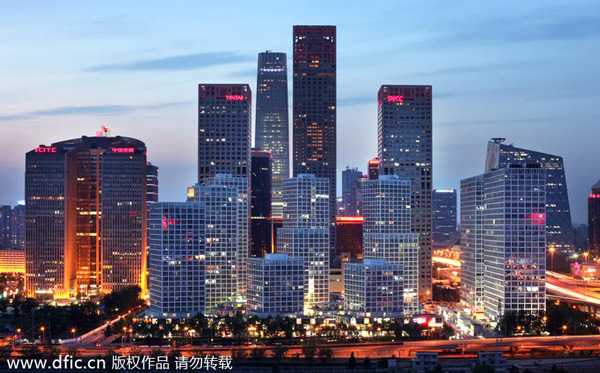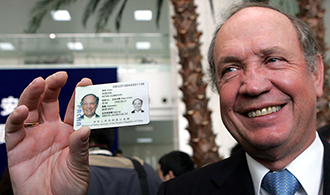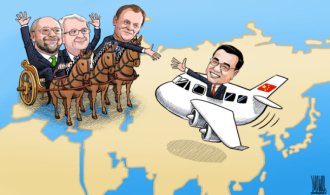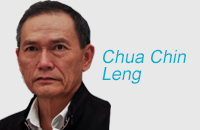Govt purchases may help clear property glut
(China Daily) Updated: 2016-03-07 07:48
 |
|
Night view of skyscrapers and high-rise buildings of Jianwai Soho and Yintai Center in CBD in Beijing. [Photo/IC] |
LI DAOKUI, a member of the 12th National Committee of the Chinese People's Political Consultative Conference and an economics professor at Tsinghua University, has cautioned that policies aimed at clearing the glut of unsold housing, such as zero down payments, may result in a real estate bubble. Instead, he suggests the government purchase unsold houses in third- and fourth-tier cities and rent them to rural residents who intend to live there. Beijing News said this is a good idea:
Against the backdrop of the ongoing annual meetings of the 12th National People's Congress and the 12th National Committee of the CPPCC, many economists including Li have offered their solutions to the supply glut plaguing China's housing market.
As a major economic driver of most modern economies, the real estate industry could deal a heavy blow to a local economy if the housing inventory is not properly dealt with.
China's housing market is undergoing an uneven recovery, with a real estate boom seen in first-tier cities such as Beijing and Shanghai in the first two months of the year, while third- and fourth-tier cities are still struggling to destock their housing inventories. It is time for the central government to work on more specific and desirable real estate policies, in which political advisors should have a say.
That many of them have submitted proposals to clear the property glut is more than necessary. Li's suggestion that the governments of less developed regions could purchase unsold houses and rent them to rural residents, for one, would be conducive to providing low-cost housing for those on low incomes as well as destocking local housing inventories.
In fact, as China's economic growth is slowing and problems have begun to emerge, it is the right time for constructive reflections and brainstorming. As some political advisors have made clear, the supply glut in the property market is not about the market itself, but monetary policy and other policies regarding the tax reform and public accumulation funds that work behind the scenes.











